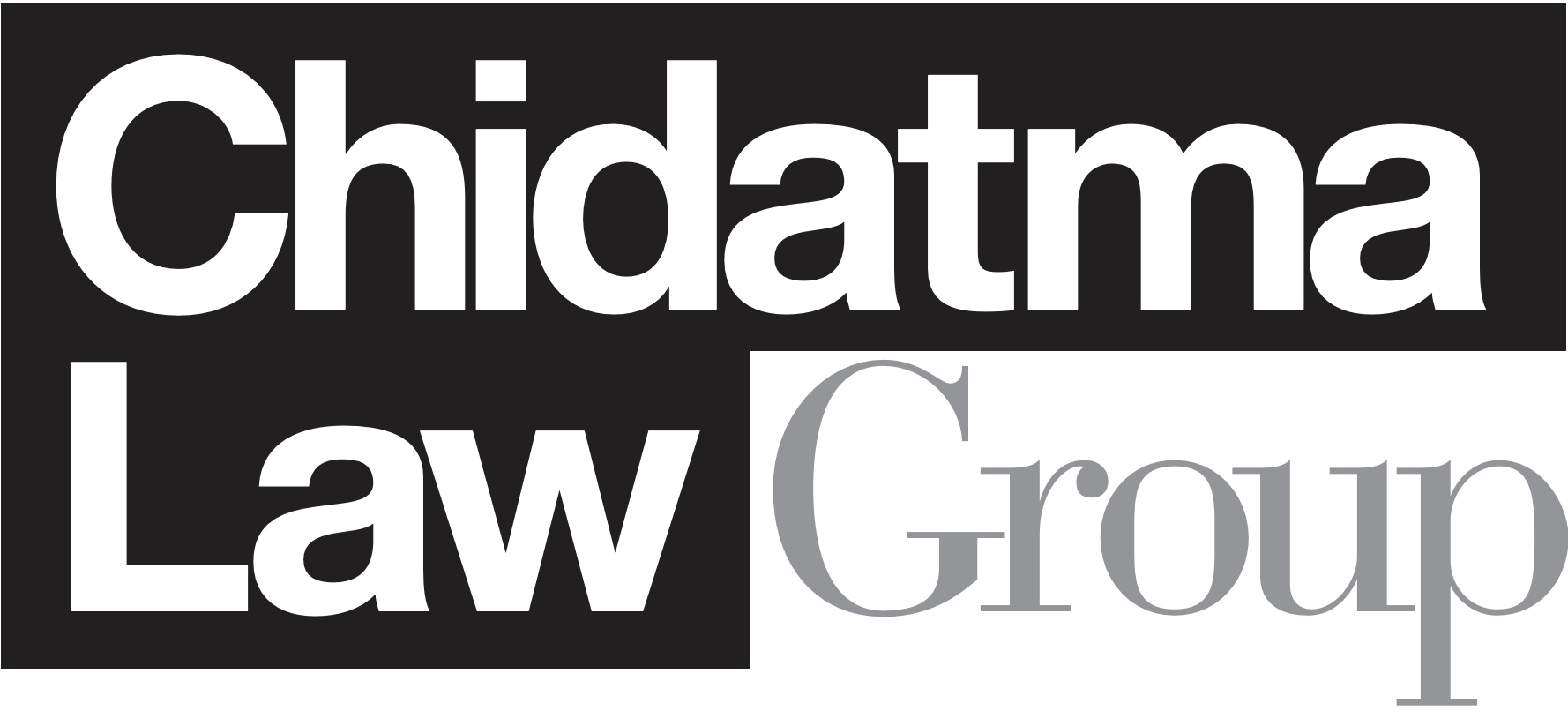
Buying or selling a business is a significant undertaking, filled with excitement and (let’s be honest) a fair bit of complexity. One of the most important documents in this process is the Purchase and Sale Agreement (PSA). This legally binding business contract outlines the terms and conditions of the transaction, essentially serving as the roadmap for the entire deal.
The contract law attorneys at Chidatma Law Group understand the intricacies involved in these transactions. Our team has years of experience helping businesses through the buying and selling process. We’ve seen firsthand how a well-drafted PSA can pave the way for a smooth closing, while a poorly constructed one can lead to costly disputes and delays.
So, what should you look for in a comprehensive PSA in New York? Let’s break down some of the essential components.
Identifying the Parties and the Assets Included in the PSA
First and foremost, the PSA needs to clearly identify all the parties involved in the transaction. This includes the full legal names and addresses of the buyer and the seller. If the business operates as a corporation, LLC, or other legal entity, that information should be accurately reflected.
Beyond the parties, the agreement must explicitly define what is being bought and sold. This might seem straightforward, but precision is essential. Are you purchasing the entire business, including all its assets and liabilities? Or is it an asset purchase, where you’re only acquiring specific assets like equipment, inventory, and intellectual property? The PSA should list these assets in detail.
For example, if you’re buying a restaurant in New York, does the sale include the liquor license? The customer lists? The website and social media accounts? Clearly outlining these specifics is very important so all parties know exactly what is included in the PSA.
Establishing Purchase Price and Payment Terms
This is arguably one of the most critical sections of the PSA. It will clearly state the total purchase price agreed upon by both parties. However, it goes beyond just the final number. This section should also detail:
- Earnest Money Deposit: The amount the buyer will put down as a good-faith gesture. The terms of when this deposit becomes non-refundable and under what circumstances it might be returned are also crucial.
- Payment Schedule: When and how the remaining balance will be paid. Will it be a lump sum at closing, or are there installment payments involved?
- Allocation of Purchase Price: In an asset purchase, this section will allocate the purchase price among the various assets being acquired (e.g., goodwill, equipment, inventory). This allocation can have significant tax implications for both the buyer and the seller. Understanding these implications is where the guidance of a New York-based law firm like Chidatma Law Group can be particularly beneficial.
- Contingencies: Are there any conditions that must be met before the sale can be finalized? For example, the buyer might need to secure financing, or the seller might need to obtain certain third-party consents. These contingencies need to be clearly outlined, along with the timeframe for their fulfillment and what happens if they aren’t met.
Closing Date and Deliverables
The PSA will specify the anticipated closing date, the date when the ownership of the business or assets officially transfers. It will also outline the deliverables that each party is responsible for providing at or before closing. For the seller, this might include transferring titles to assets, providing financial records, and executing assignment documents. For the buyer, it mainly involves delivering the remaining purchase funds.
Additional Items a PSA Should Address in New York
In addition to the above, a good PSA should also include the following:
- Representations and Warranties: Representations and warranties are statements of fact made by each party about the business and its condition. The seller will typically document the business’s financial health, legal compliance, and the ownership of its assets. The buyer may make representations about their ability to fund the purchase.
- Indemnification: The indemnification section outlines which party will be responsible for certain liabilities or losses that may arise after the closing. For example, the seller might indemnify the buyer against any undisclosed pre-closing liabilities or pending lawsuits.
- Confidentiality and Non-Compete Clauses: Depending on the nature of the business being sold, the PSA may include provisions related to confidentiality and non-competition (including restricting the seller from disclosing confidential information about the business to third parties or preventing the seller from starting a similar business within a specific geographic area and for a certain period after the sale.)
- Entire Agreement Clause: This clause, sometimes referred to as an integration clause, states that the written PSA constitutes the entire agreement between the parties and supersedes any prior discussions or agreements (whether oral or written).
- Due Diligence: While not a specific clause within the agreement itself, the PSA will often reference the buyer’s right to conduct due diligence. This is the process where the buyer investigates the business’s financials, operations, legal standing, and other relevant aspects before committing to the purchase. The PSA may outline the scope of the due diligence period and the information the seller must provide to the buyer.
Contact Us Today
The experienced business law attorneys at Chidatma Law Group can help you navigate the intricacies of your PSA, guiding you through the entire transaction process, from initial negotiations to the final closing. Contact us today to make sure your PSA goes through without a hitch!

